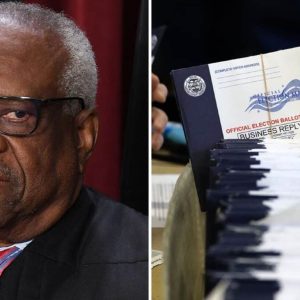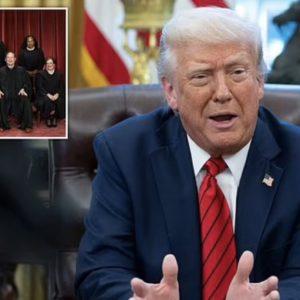The U.S. Senate took a major step toward reopening the government on Sunday night when eight Senate Democrats joined Republicans in a vote on a new proposal aimed at ending the shutdown, now in its 40th day. The bipartisan move marked the first stage of the GOP’s plan, with senators unveiling a bundle of spending bills to attach to a modified continuing resolution (CR). Senators Angus King (I-Maine), John Fetterman (D-Pa.), Catherine Cortez Masto (D-Nev.), Jeanne Shaheen (D-N.H.), Maggie Hassan (D-N.H.), Jacky Rosen (D-Nev.), Tim Kaine (D-Va.), and Dick Durbin (D-Ill.) broke with Senate Minority Leader Chuck Schumer, citing weeks of “fruitless attempts” to achieve a deal on expiring tax credits.
While the updated CR included provisions to ensure furloughed workers receive back pay and reversed some Trump-era firings, it offered no immediate solution on Obamacare subsidies, a top priority for Democrats. Senate Majority Leader John Thune (R-S.D.) pledged a vote on the expiring healthcare payments by the second week of December, though analysts expect any resulting legislation to face significant obstacles. Progressive senators, including Bernie Sanders (I-Vt.), criticized the compromise, warning that Democrats were sending the wrong message by giving up on healthcare negotiations amid the shutdown.
Even with Sunday’s votes, the government remained closed because the House must approve the changes before the bill can reach the president. Procedural hurdles in the Senate could still delay reopening unless all 100 senators agree to final votes. Lawmakers hope the extra time will allow them to fund the government through individual spending bills rather than another continuing resolution or a massive omnibus package. If passed, the modified CR would keep the government open until January 30, 2026, offering temporary relief while leaving key disputes, particularly over Obamacare subsidies, unresolved.





